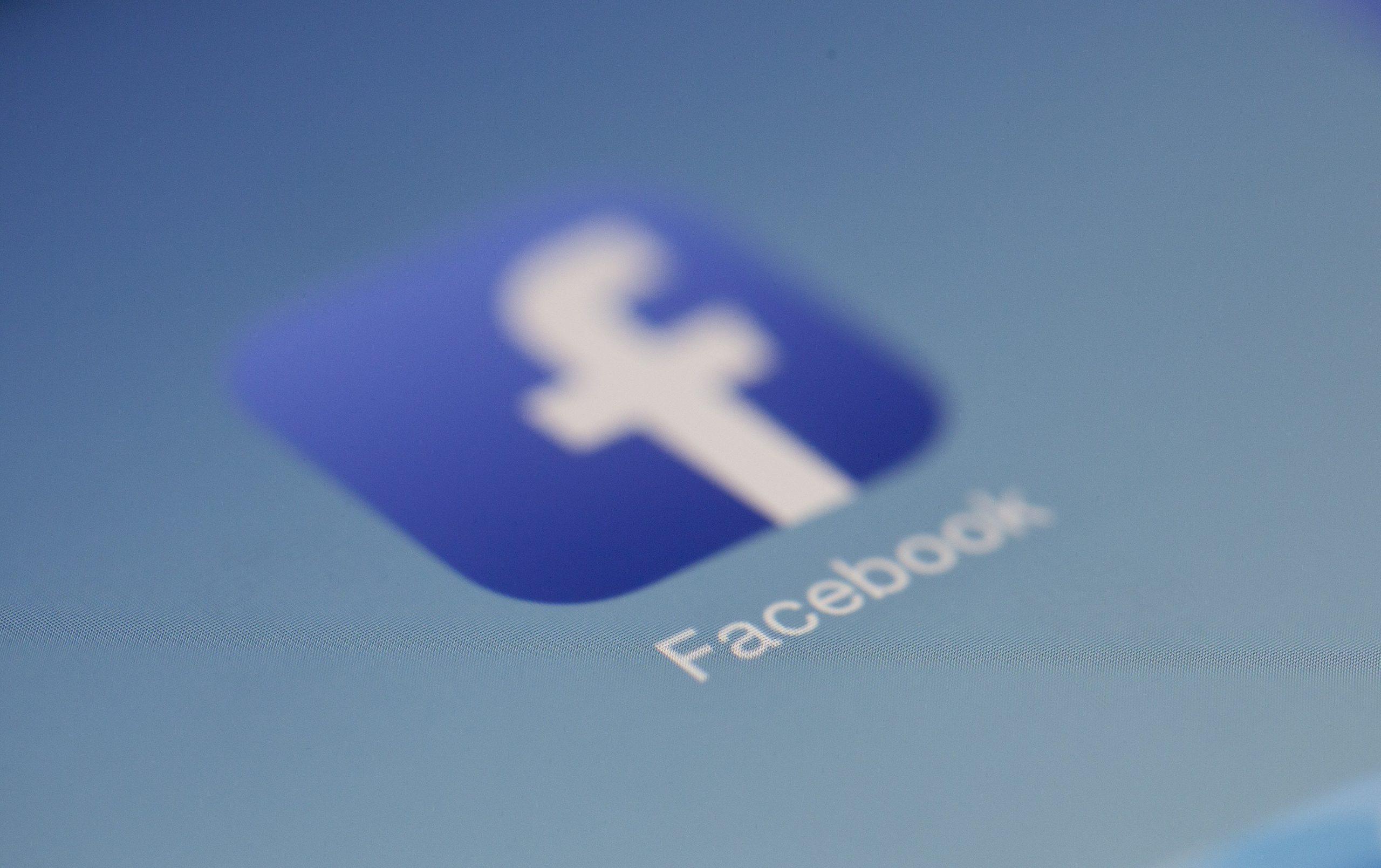
Political advertisers complain about glitches in Facebook’s system, particularly with ads approved before the blackout period.
The social media giant has announced in September that it will not accept any new political ads in the seven days prior to the US election on November 3.
While it would not accept new political ads during this period prior to the election, Facebook will still allow existing ads to continue to be promoted and targeted at different users. The decision was announced in a post by Facebook chief executive officer (CEO) Mark Zuckerberg.
Facebook also prohibited ads that seek to “delegitimize any lawful method or process of voting”.
The tech firm’s decision follows concerns raised regarding claims that postal voting could encourage fraud. Facebook has also taken down ads sponsored by US President Donald Trump and his supporters, which claim that accepting refugees would increase COVID-19 infection risk.
The said ads depicted Trump’s Democratic opponent Joe Biden talking about the US border and asylum seekers. Before these posts were removed, hundreds of thousands of people have seen over 38 versions of the ads.
Political advertisers react to violations
However, political advertisers have complained about glitches and told CNBC that previously approved ads started to appear to have violations overnight.
“We are in the closing days of the most important election in our nation’s history, so it is disturbing that our clients had their already approved and running Facebook ads shut off without warning overnight,” said Mark Jablonowski, managing partner and chief technology officer at DSPolitical, a targeted ad network for Democratic campaigns and progressive causes.
“This turn of events is hardly surprising,” Jablonowski said in an email to CNBC. “Facebook and other large platforms have pursued a headline-grabbing but ill-conceived strategy of banning ads from political campaigns rather than focusing their considerable resources on fighting the spread of demonstrably false organic content that could interfere with the election.”
Maddie Kriger, Integrated Media Director at progressive advocacy organization and super PAC Priorities USA, explained the organization ensured that its messaging would observe Facebook’s policies, but Facebook still stopped some of its ads.
“Even [with] accidental errors, an error like this has a huge impact on our program and our ability to communicate to voters,” she said. “It’s really unacceptable at this stage of the election. It’s just such high stakes that 12 hours in a week left situation is a real loss.”
Facebook director of product management Rob Leathern said in a Tweet that they are investigating the issue.
“We’re investigating the issues of some ads being paused incorrectly, and some advertisers having trouble making changes to their campaigns,” he wrote. “We’re working quickly on these fixes, and will share an update once they are resolved.”
Last year, the social media platform faced massive criticism due to its policy of not fact-checking political ads.
During Facebook’s third quarter earnings report, Zuckerberg argued “we need to be careful about adopting more and more rules” surrounding political speech.
Zuckerberg said: “In a democracy, I don’t think it’s right for private companies to censor politicians or the news.”
He then proceeded by saying that he will “continue” evaluating whether it is beneficial to allow political ads on Facebook, but that so far he concludes that allowing political advertising is the better choice.






